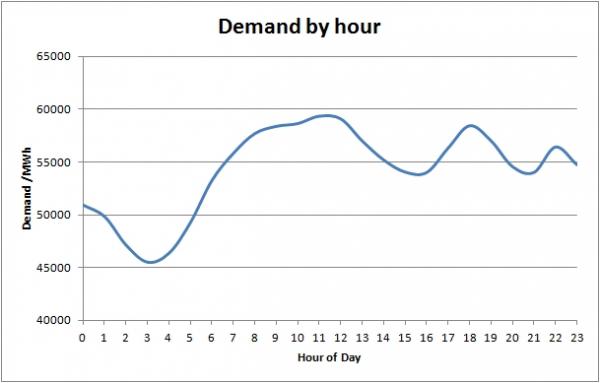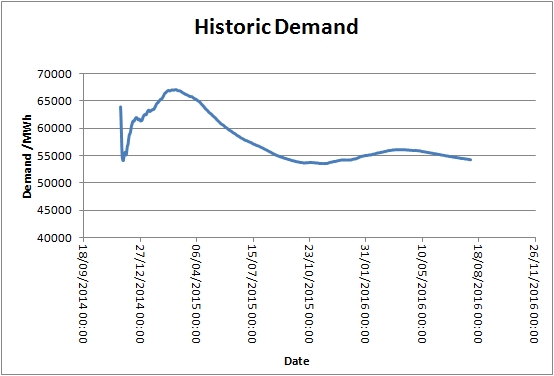| Home |
| Green Building Bible, Fourth Edition |

|
These two books are the perfect starting place to help you get to grips with one of the most vitally important aspects of our society - our homes and living environment. PLEASE NOTE: A download link for Volume 1 will be sent to you by email and Volume 2 will be sent to you by post as a book. |
Vanilla 1.0.3 is a product of Lussumo. More Information: Documentation, Community Support.
Posted By: tonySolar can't help much with heating demand as the sun shines the least when the heat is needed the most
Posted By: gyrogearPosted By: tonySolar can't help much with heating demand as the sun shines the least when the heat is needed the most
well the answer to that is a no-brainer: capture the heat while it's there, and store it for later...
àla Drake Landing...
Posted By: skyewrightDrake Landing South of the great majority of the UKand extremely hotter in summer and extremely colder in winter. Drakes Landing is pioneering old-tech - we can do far better now.
Posted By: fostertomIn mainland UK incl even plucky little Scotland, given favourable view of low southern sky (i.e. fairly unobstructed above 20o elevation), solar collection is adequate for the spaceheating requirement of a near-PH right thro mid winter, given attainable thermal storage capacity (i.e. not talking batteries). Tho not for water heating.

Posted By: tonyPeak demand for the nation is the combination of us all switching things on at the same time, were we to delay some of these then peak power would drop, lower powered appliances does not make a perceivable difference.
Posted By: skyewrightNot sure where you get your 20 degrees fromIt was from memory - I'll check when I have a moment to dive into PVGIS.
Posted By: renewablejohnEasiest way to reduce peak demand is to stagger regional TV output by 5 minutes per region then channel timings by 1 minute within region using extended commercial break of say 5 minutes for on the hour changeover time so you dont miss the start of a programme.

